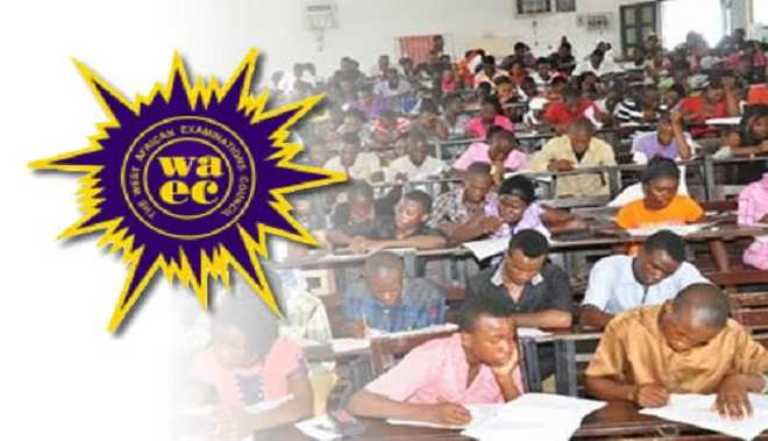The 2025 West African Senior School Certificate Examination (WASSCE) was marred by significant logistical and administrative failures, leading to widespread condemnation from prominent figures and organizations. Students across Nigeria faced appalling conditions, including writing exams in darkness due to power outages, utilizing makeshift lighting sources like lanterns and mobile phone flashlights. A particularly distressing incident occurred in Taraba State, where an exam hall collapsed during a storm, endangering the lives of the candidates. These circumstances sparked public outrage and raised serious concerns about the state of education in the country.
Former Vice President Atiku Abubakar characterized the situation as a “national disgrace,” a sentiment echoed by the National Association of Nigerian Students (NANS). Atiku criticized the systemic failures that led to such deplorable conditions, deeming it unacceptable that students were forced to write crucial exams in darkness. He demanded a resit of the affected papers, emphasizing the injustice faced by students whose futures depended on the exam results. NANS condemned WAEC’s insensitivity and disregard for student safety, particularly in rural areas, citing the delay in exam commencement as a gross violation of student rights.
The West African Examinations Council (WAEC) attributed the delays to increased efforts to curb examination malpractice, particularly paper leaks. They cited logistical challenges, security concerns, and sociocultural issues as contributing factors to the disruptions. However, these explanations were met with skepticism and did little to quell the criticism. The House of Representatives Committee on Basic Education and Examination Bodies summoned WAEC officials to appear before them within 24 hours to address the widespread complaints and irregularities. The committee chairman, Oboku Oforji, expressed disappointment at WAEC’s initial failure to honor the invitation, emphasizing the seriousness of the situation and the need for accountability.
Reports from various states painted a grim picture of the examination process. In Benue State, a teacher recounted how the English Language exam commenced late, forcing them to use a generator to provide light. Rural communities faced even greater challenges, lacking electricity and resorting to lamps and torchlights. In Bayelsa State, anxious parents searched for their children at night as exams stretched into the late hours, using various light sources to illuminate exam halls. The Kwara State Commissioner for Education expressed concern and called for improved logistics to prevent future occurrences, while the state’s NUT boss condemned the late arrival of exam papers.
Osun State officials held a meeting with WAEC’s branch controller to address the irregularities, and the council explained that technical challenges were responsible for the disruptions. Many schools resorted to hiring generators, while others relied on flashlights and candles, creating an uneven playing field for students. The Osun State Chairman of NAPTAN criticized WAEC’s handling of the exam, raising concerns about the integrity of the process and the security of the students. He demanded immediate action from the examination body to prevent future occurrences.
Despite the widespread problems, some states reported relatively smooth exam proceedings. Bauchi State’s Ministry of Education conducted monitoring exercises and reported no major glitches, emphasizing adherence to guidelines. However, the Chairman of Bauchi State Examination Ethics lamented WAEC’s lack of engagement with his office despite the ongoing irregularities. Kano State also reported a relatively smooth process, with the exception of the English paper, where a paper leak necessitated a switch to Paper II. Gombe State similarly reported no significant challenges. These varying experiences across states further highlight the inconsistent and problematic administration of the 2025 WASSCE.














